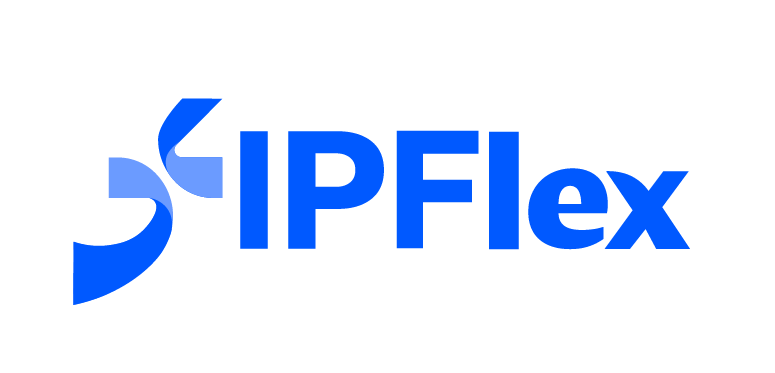Static Residential Proxy for Market Research & Data Scraping
How enterprises use high-quality residential proxy to bypass bans and restrictions for efficient, reliable data collection and research
- Effectively bypass website anti-bot/Proxy restrictions for stable scraping
- Support global geo, multi-device, localized data collection
- Long-lasting fixed proxy for continuous monitoring and periodic scraping
- High anonymity and compliance, reduce legal and platform risks
Use Cases & Scraping Workflow
- 1 E-commerce/brands: Bulk scrape products/prices/reviews for price and reputation database
- 2 Finance/news: Rapidly collect market trends, news, cross-border fund info
- 3 PR/enterprise: Sentiment monitoring, targeted social/community trend collection
- 4 Travel/tickets/comparison: Real-time multi-region price scraping
Data Scraping Advantages & Challenges
- 1 Choose geo-targeted residential proxy pool, support high concurrency
- 2 Automate proxy config via scripts/API, smart allocation
- 3 Task scheduling, simulate real user visits (rotate proxy/devices, change UA, etc.)
- 4 Real-time data ingestion, periodic health checks, data quality analysis
- 5 Auto-reporting, risk control, strategy integration
Data Scraping & Market Research Proxy FAQs
- Q: Why use static residential proxies instead of datacenter proxy for scraping?A: Datacenter proxy are easily identified, blacklisted, and have high risk. Residential proxy are less likely to be blocked...
- Q: Recommended data scraping workflow?A: 1. Choose residential proxy by country/region from IPFlex; 2. Configure proxy/port in scraping tools; 3. Set reasonable frequency and User-Agent to avoid alerts...
- Q: Popular industries for data scraping?A: E-commerce data (products, prices, inventory), sentiment/review monitoring, news aggregation, travel/ticket/hotel comparison, social media analysis, competitive intelligence, financial data, etc.
Pro Tips
Why Choose Static Residential Proxies for Data Scraping?
Bypass Bans & Risk Control
Real residential proxy easily bypass most anti-bot and risk control, avoid 403, captchas, rate limits, and blacklists.
Long-term Stable Proxy Pool
Support months-long dedicated proxy, ideal for periodic scraping/monitoring/analysis, ensure data consistency and completeness.
Flexible Geo-targeted Scraping
Choose country, city, ISP for price comparison, sentiment monitoring, competitive intelligence, and more.
More Static Residential Proxy Use Cases
For big data/API/custom needs, contact IPFlex
Data Scraping & Market Research Proxy FAQs
Unlock high-quality data collection!
Why use static residential proxies instead of datacenter proxy for scraping?
Datacenter proxy are easily identified, blacklisted, and have high risk. Residential proxy are less likely to be blocked...
Recommended data scraping workflow?
1. Choose residential proxy by country/region from IPFlex; 2. Configure proxy/port in scraping tools; 3. Set reasonable frequency and User-Agent to avoid alerts...
Popular industries for data scraping?
E-commerce data (products, prices, inventory), sentiment/review monitoring, news aggregation, travel/ticket/hotel comparison, social media analysis, competitive intelligence, financial data, etc.
